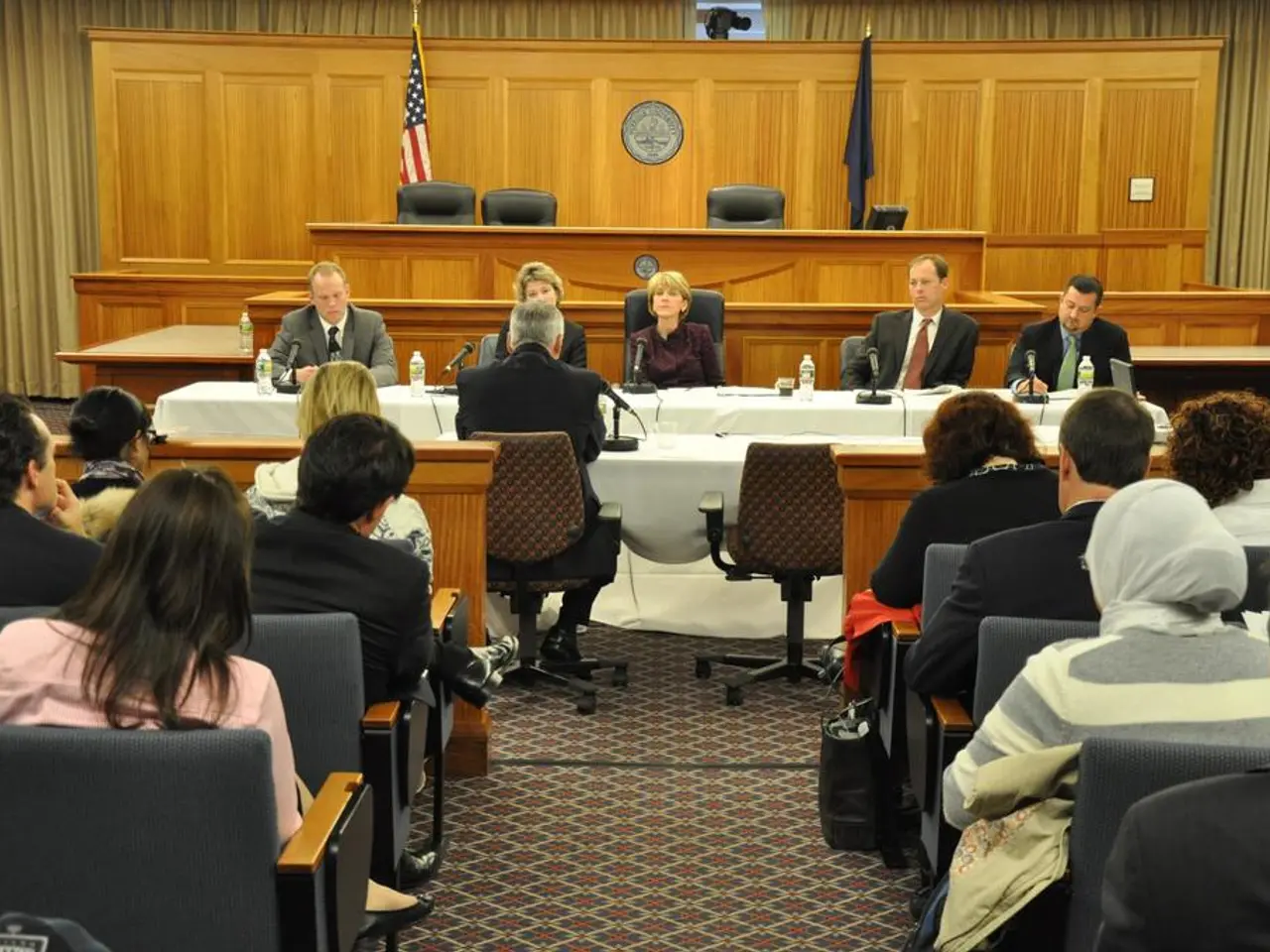Migration Summit call extended by Dobrindt atop the train's peak
The upcoming migration summit, scheduled for July 18, 2025, is set to take place in Berlin, Germany, under the leadership of the German Federal Interior Minister, Alexander Dobrindt. The summit will bring together key EU countries such as France, Poland, Austria, Denmark, the Czech Republic, and the EU’s new migration czar, Magnus Brunner.
The summit reflects Germany's and Chancellor Friedrich Merz’s hardline stance on migration, aiming to send a strong message about restoring order, control, and cooperation in migration management across Europe. The meeting on Zugspitze, Germany's highest mountain, is poised to be a critical moment for Europe's interior ministers to coordinate a harder, more coordinated approach to migration and asylum policy reform.
Key themes expected in the discussions include tougher asylum and border controls, efforts to reduce refugee reception limits, potential cooperation with countries outside the EU, and addressing public concerns about security and migration-related crime.
Recent measures such as Poland introducing temporary controls at its border with Germany and Lithuania have challenged the free movement of people within the Schengen Area. The Interior Minister's call for reduced reception limits moves away from previous policies that allowed up to 200,000 refugees per year, which he now considers excessive in light of integration challenges and social tensions post-2015 migration waves.
Controversial talks with the Taliban to facilitate the return of Afghan migrants are also a potential point of discussion. The summit likely aims to address public concerns about security and migration-related crime, referencing recent high-profile cases in Europe that have shaped public opinion on the need for stricter migration controls.
The CEAS reform, a topic that has been discussed at the European level, could have significant implications for the European Asylum System. If implemented, the CEAS reform could potentially affect the way third countries are involved in European asylum processes and lead to changes in the rules governing the deportation of asylum seekers. The CEAS reform currently provides that asylum seekers cannot be deported to third countries with which they have no concrete connection.
The CEAS reform implementation deadline is mid-2026 for member states. The focus of the meeting will be on the "restructuring of European migration policy," with the aim of providing an important impetus for a tougher European migration policy. The summit is positioned as a significant step towards stricter control and reduced reception capacities within the EU framework.
The upcoming migration summit, scheduled for July 18, 2025, underscores the ongoing debate in politics and policy-and-legislation, particularly in Europe, regarding migration. Key themes that will be discussed include revising asylum and border control policies, potential cooperation with countries outside the EU, and the implementation of the CEAS reform, which could impact the European Asylum System and lead to stricter migration controls.








